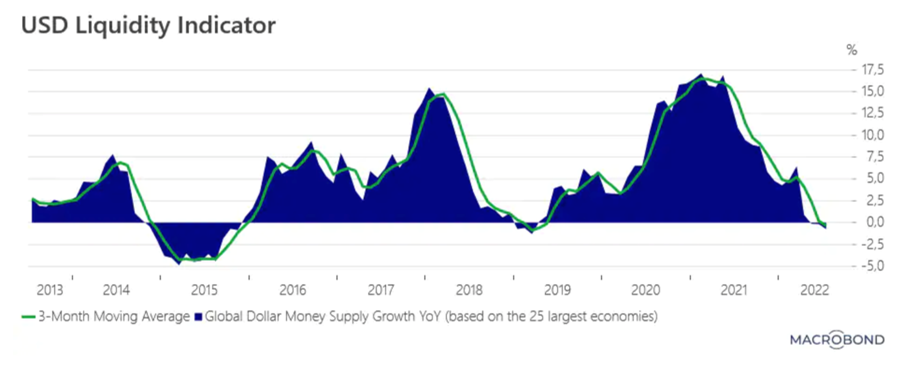Growing up, I was a big fan of the Choose Your Own Adventure stories.
A few years back, Netflix even produced its own version of an interactive TV show. You may have seen the likes of Black Mirror: Bandersnatch.
In these stories, you, the reader, are the main character and in charge of what happens.
The books start by introducing a storyline that moves you along until you reach a crossroads. You then need to make a choice to keep on reading (or watching the TV show).
Your choices will have different consequences.
A ‘right’ one will bring you closer to your goal.
A ‘wrong’ one will likely bring setbacks and more challenges. What’s worse, it could even lead to premature death.
Much of what I liked about the books was that there is no clear right or wrong choice. Any decision you make could have very unpredictable consequences.
This is mainly because you don’t get all the facts until after you’ve made your decision. So, you need to make what you think is the best choice for the situation with the limited amount of information you have.
Much like in life and investing, you try to interpret the world around you and make decisions without having the whole picture.
All year economists and investors are trying to determine the likelihood of a recession and how to position themselves.
Central banks are raising rates and tightening balance sheets in a bid to fight inflation. It’s the reverse of what had been happening for years.
It’s scaring markets and pushing down house prices.
Add to that an energy crisis, a pandemic, a war, and geopolitical tensions…there’s no denying things are looking very dangerous out there.
Scramble for cash
We’ve seen a lot of speculative bets in the last years — NFT, property, markets, to name a few.
People are happy to throw money around when things are on the upside but will hunker down and hoard money when they are less confident about the future.
When things get tough, people will flock to cash.
The tightening, though, has been draining liquidity from the system.
As you can see below, while there was a lot of money pumped into the system during the pandemic, the US dollar money supply growth is dropping quickly:
|
|
| Source: Saxo |
The US dollar is the world’s reserve currency, and its liquidity in the global economy is key.
The main question now is if central banks and their aggressive tightening will go too far and cause a crisis.
It’s hard to know — central banks don’t even know. But at least in the short term, it’s looking like they are determined to continue to tighten conditions.
One of the things I’m keeping an eye out for — along with inflation and energy prices — is unemployment.
If unemployment rises, all bets are off.
As we saw in Spain during the 2008 crisis, a sharp rise in unemployment reverberates throughout the whole economy.
But with so much uncertainty about how inflation, the war, and the energy crisis will continue to play out the next few months, it’s a time to be cautious.
Then again, it’s not a bad idea to have ready a watchlist of investments to jump into when things start turning around.
Every reason to be bullish
One way to find ideas is to look at where money is flowing.
And, with high fossil fuel prices and countries scrambling to get energy security, much of it continues to move into renewables.
Here is Rystad:
‘High spot electricity prices, particularly in Europe, are changing the utility wind and solar investment narrative as potential payback periods of under a year could start a race to develop renewable assets purely based on project economics, Rystad Energy research shows.
‘Capital investments in renewables have also increased significantly and are set to reach US$494 billion in 2022, outstripping upstream oil and gas at US$446 billion for the year, according to Rystad Energy research. This is the first time that investment in renewables is set to be higher than for oil and gas.’
Of course, continued low oil and gas investment when supply is tight will put a floor on fossil fuel prices.
But high fossil fuel prices are changing the economics for renewables. And in my view, commodities related to the energy transition are still looking very attractive.
All the best,
 |
Selva Freigedo,
For Money Morning
Selva is also the Editor of New Energy Investor, a newsletter that looks for opportunities in the energy transition. For information on how to subscribe, click here.


